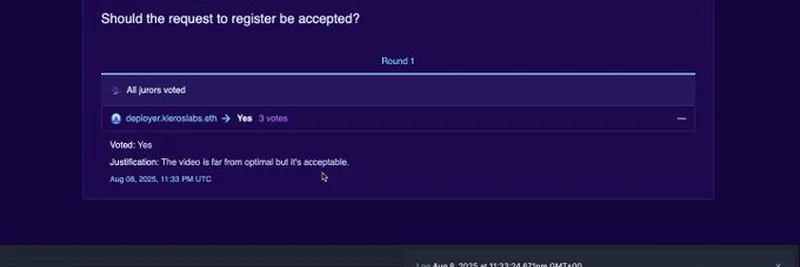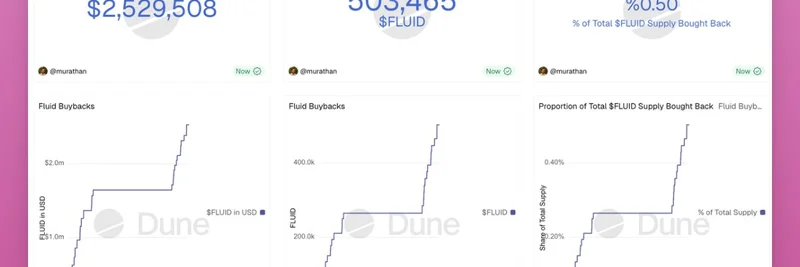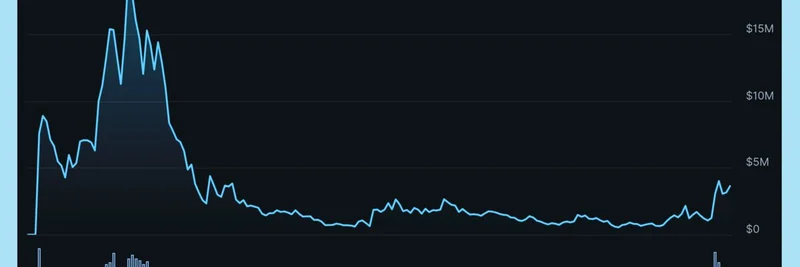Hey there, crypto enthusiasts! If you’ve been keeping an eye on the latest developments in the blockchain world, you’ve probably heard about Kleros, a platform that brings decentralized dispute resolution to the table. Today, we’re diving into an exciting update shared by JayBuidl.eth on X, announcing the first Kleros v2 dispute with hidden votes powered by Shutter Network on Arbitrum. Let’s break it down and see why this could be a big deal for the future of Web3!
What’s Happening with Kleros v2?
Kleros is like the courtroom of the blockchain, helping resolve disputes in a fair and open way. The latest version, Kleros v2, just hit a milestone with its first dispute resolution case on Arbitrum. What makes this special? It uses hidden votes managed by Shutter Network, which keeps things private until the right moment. The cool part? The votes are now auto-revealed, thanks to a slick one-step process that ditches the old two-step commit-reveal hassle.
Check out the action in this screenshot from the tweet:
This image shows a case (#89) where jurors voted on whether a registration request should be accepted. The process is fully executed, with the voting period complete and the results out in the open. You can see the justification and even some code snippets proving the system’s transparency.
How Shutter Network Fits In
Shutter Network is the secret sauce here. It ensures privacy by hiding votes until the commitment period ends. Once that time’s up, anyone can grab the decryption key from the Shutter network and reveal the votes. This permissionless approach means no central authority is needed—pure decentralization in action! It’s a big step toward solving privacy issues that have bugged blockchain networks for a while.
Why Arbitrum Matters
Arbitrum, a popular Layer 2 scaling solution for Ethereum, hosts this dispute. By processing transactions off-chain and batching them, Arbitrum keeps costs low and speeds high. This integration means Kleros v2 can handle disputes more efficiently, making it a win for users who want fast, affordable justice on the blockchain.
What’s Next?
JayBuidl hints that this feature will roll out to other v2 courts soon. If you’re into decentralized apps (dApps), DAOs, or just curious about how blockchain can handle real-world disputes, this is worth watching. The seamless UX and enhanced privacy could set a new standard for how we think about justice in the crypto space.
Why This Matters for Meme Token Fans
Even if you’re here for the latest meme token trends, this tech has ripple effects. Imagine a future where meme coin disputes—say, over a rug pull or token distribution—get resolved fairly and privately on platforms like Kleros. It’s not just about justice; it’s about building trust in the wild world of Web3!
So, what do you think? Ready to see more of this in action? Drop your thoughts in the comments, and stay tuned to meme-insider.com for more updates on how blockchain tech is shaping the future—meme tokens included!



